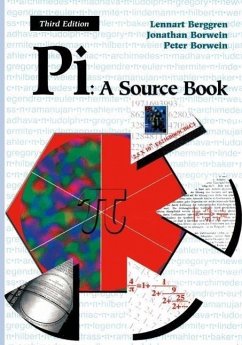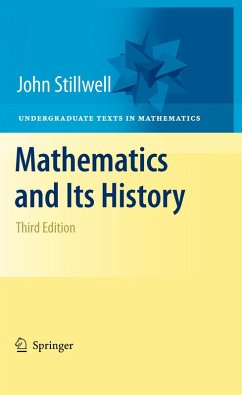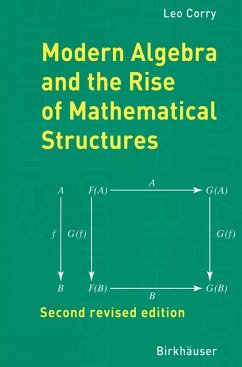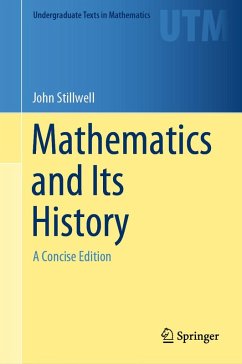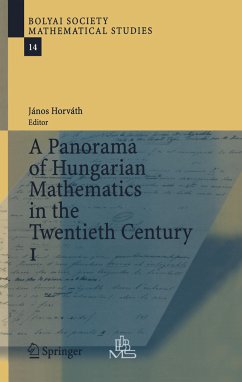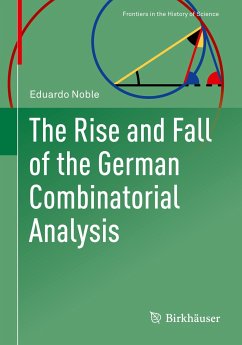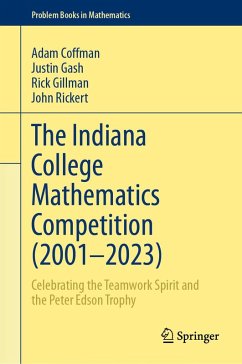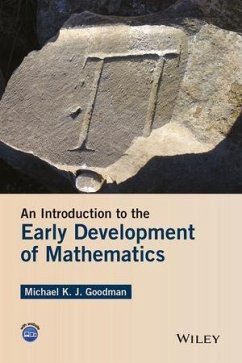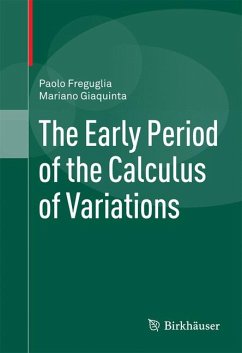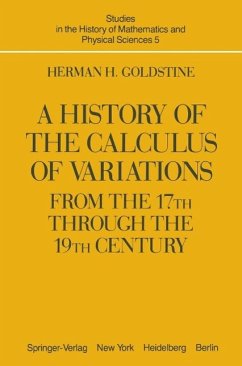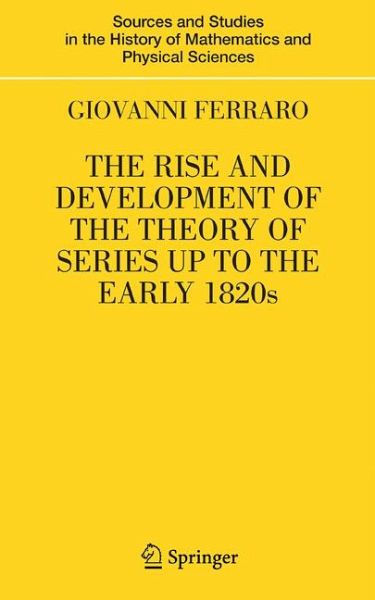
The Rise and Development of the Theory of Series up to the Early 1820s (eBook, PDF)
Versandkostenfrei!
Sofort per Download lieferbar
72,95 €
inkl. MwSt.
Weitere Ausgaben:

PAYBACK Punkte
36 °P sammeln!
The manuscript gives a coherent and detailed account of the theory of series in the eighteenth and early nineteenth centuries. It provides in one place an account of many results that are generally to be found - if at all - scattered throughout the historical and textbook literature. It presents the subject from the viewpoint of the mathematicians of the period, and is careful to distinguish earlier conceptions from ones that prevail today.
Dieser Download kann aus rechtlichen Gründen nur mit Rechnungsadresse in A, B, BG, CY, CZ, D, DK, EW, E, FIN, F, GR, HR, H, IRL, I, LT, L, LR, M, NL, PL, P, R, S, SLO, SK ausgeliefert werden.




